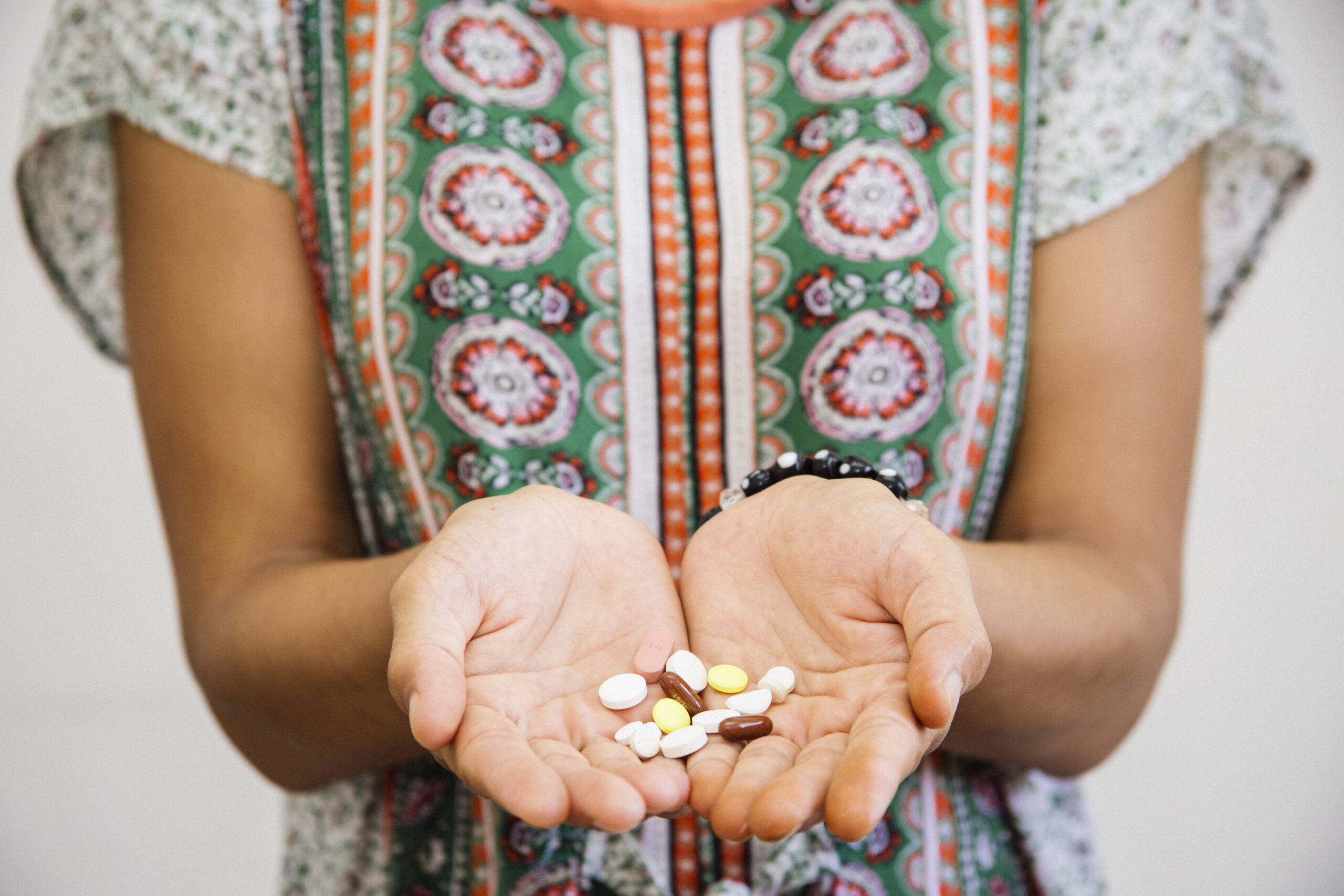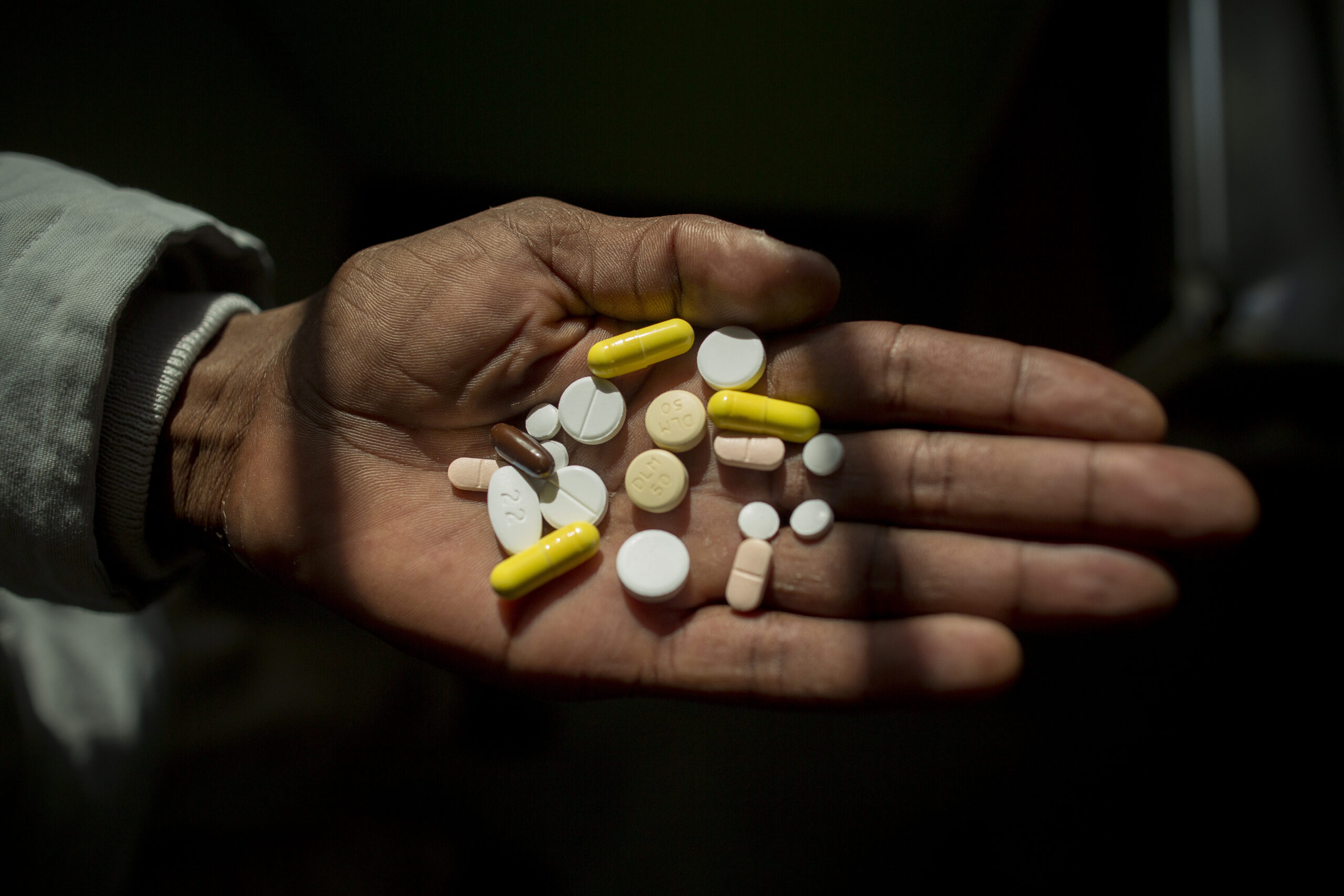Today is World Tuberculosis Day, and this year’s theme is Yes! We can end TB.
TB has been the world’s leading infectious disease killer, only recently moving to second place behind Covid-19.
Treating it has also been expensive, but efforts are being made to lower treatment costs.
Médecins Sans Frontières (MSF) has launched two clinical trials that seek to find shorter, more tolerable, and injection-free treatments for multidrug-resistant tuberculosis (MDR-TB).

The endTB and endTB-Q trials seek to develop a regimen that treats MDR-TB in six to nine months, down from the current 24 months.
The endTB trial is for fluoroquinolone-susceptible MDR-TB, while endTB-Q trial is for fluoroquinolone-resistant MDR-TB
10.6 million people became ill with TB in 2021 — a 4.5 percent increase from 2020 — while the incidence rate rose by 3.6 percent between 2020 and 2021, after declines of two percent per year for the previous two decades.
MSF says conventional treatments for MDR-TB are ineffective, with only 59 percent treatment success reported in 2018, and often cause terrible side effects, including acute psychosis and permanent deafness.
All the while, patients ingest up to 14,000 pills and some of them have to endure months of painful, daily injections.
Moreover, the costliness, difficulty, and length of current treatments make them hard to implement in many high-burden countries.
In December 2022, the World Health Organization (WHO) issued new guidelines recommending that countries roll out the safer and shorter BPaLM regimen to treat people with DR-TB.
“We must have better access to tests to diagnose TB and resistance to drugs used for treating TB so that we can identify more people who need treatment and roll out the shorter and safer all-oral treatment regimens.”
Stijn Deborggraeve, the Diagnostics Advisor at Access Campaign, now urges countries to start rolling out the six-month BPaLM regimen and ensure availability of the GeneXpert MTB/RIF tests, or where possible, the WHO-recommended alternatives such as the Truenat MTB/RIF, to detect TB and rifampicin resistance so that people with DR-TB can receive this treatment without further delay.
“We must have better access to tests to diagnose TB and resistance to drugs used for treating TB so that we can identify more people who need treatment and roll out the shorter and safer all-oral treatment regimens,” says Deborggraeve.
As World TB Day is marked today, March 24, there is a growing concern that the infectious disease is on the rise and concerted efforts are needed to end it.
The WHO estimates that 10.6 million people became ill with TB in 2021 — a 4.5 percent increase from 2020 — while the incidence rate rose by 3.6 percent between 2020 and 2021, after declines of two percent per year for the previous two decades.
Kenya is among the countries with a high TB burden and is on the list of 30 countries that contribute to 80 percent of the global TB burden.
Statistics from GlobalData show that over the past 10 years, 668 clinical trials for TB treatments have been initiated, nearly 30 percent of which have begun since 2020.
The trials by MSF are done in partnership with Partners In Health (PIH) and Interactive Research and Development (IRD).
Other partners are Epicentre, Harvard Medical School, the Institute of Tropical Medicine Antwerp, and UCSF.

The endTB trial enrolled 754 patients from eight countries — Georgia, India, Kazakhstan, Lesotho, Pakistan, Peru, and South Africa — which all have significant TB burdens, in October 2021.
On the other hand, the endTB-Q clinical trial is expected to enroll 324 patients across six countries (India, Kazakhstan, Lesotho, Pakistan, Peru, and Vietnam) to find simpler, less toxic, shorter regimen for fluoroquinolone-resistant MDR-TB.
“Governments, donors, and pharmaceutical corporations must act now to ensure an affordable supply of these critical tests and treatments for TB so that more lives can be saved.”
As of January 2023, some 294 participants were enrolled in the trial, and enrollment is expected to be completed in the first quarter of this year.
As the trials continue, MSF is also calling for the reduction of drug and test prices to make them more accessible.
“We yet again call on Cepheid to reduce the price of the TB tests to no more than five dollars each, so that more people with drug-resistant TB can be diagnosed in time and be offered improved lifesaving treatments,” says Deborggraeve.
He says national TB treatment programs should roll out shorter regimens to more people to increase demand, as well as have more manufacturers supplying affordable generic versions of bedaquiline and pretomanid. The lowest available price for this newer DR-TB treatment regimen is 570 dollars.
“Access to affordable diagnostic tests remains a major challenge in Afghanistan and other countries in this region because of the high prices of tests. Governments, donors, and pharmaceutical corporations must act now to ensure an affordable supply of these critical tests and treatments for TB so that more lives can be saved.”
Kenya recorded great progress in combating the disease and there has been a tremendous drop in TB-related mortalities from 33,000 in 2019 to 21,000 in 2021.
Evaline Kibuchi, a public health advocate and the Chief National Coordinator of Stop TB Partnership-Kenya, says TB continues to be a public health menace in Kenya.
“In 2021 approximately 1.6 million died from TB globally. Kenya is among the countries with a high TB burden and is on the list of 30 countries that contribute to 80 percent of the global TB burden.
“In Africa, Kenya ranks fourth after South Africa, Nigeria, and Ethiopia in that order. Even with such a ranking, Kenya recorded great progress in combating the disease and there has been a tremendous drop in TB-related mortalities from 33,000 in 2019 to 21,000 in 2021, according to the latest WHO global TB report.”
Ms Kibuchi said although Kenya has made great progress, about 50 percent of all people infected with TB remain undiagnosed.
“This poses a great danger because they are infecting others,” she says.
